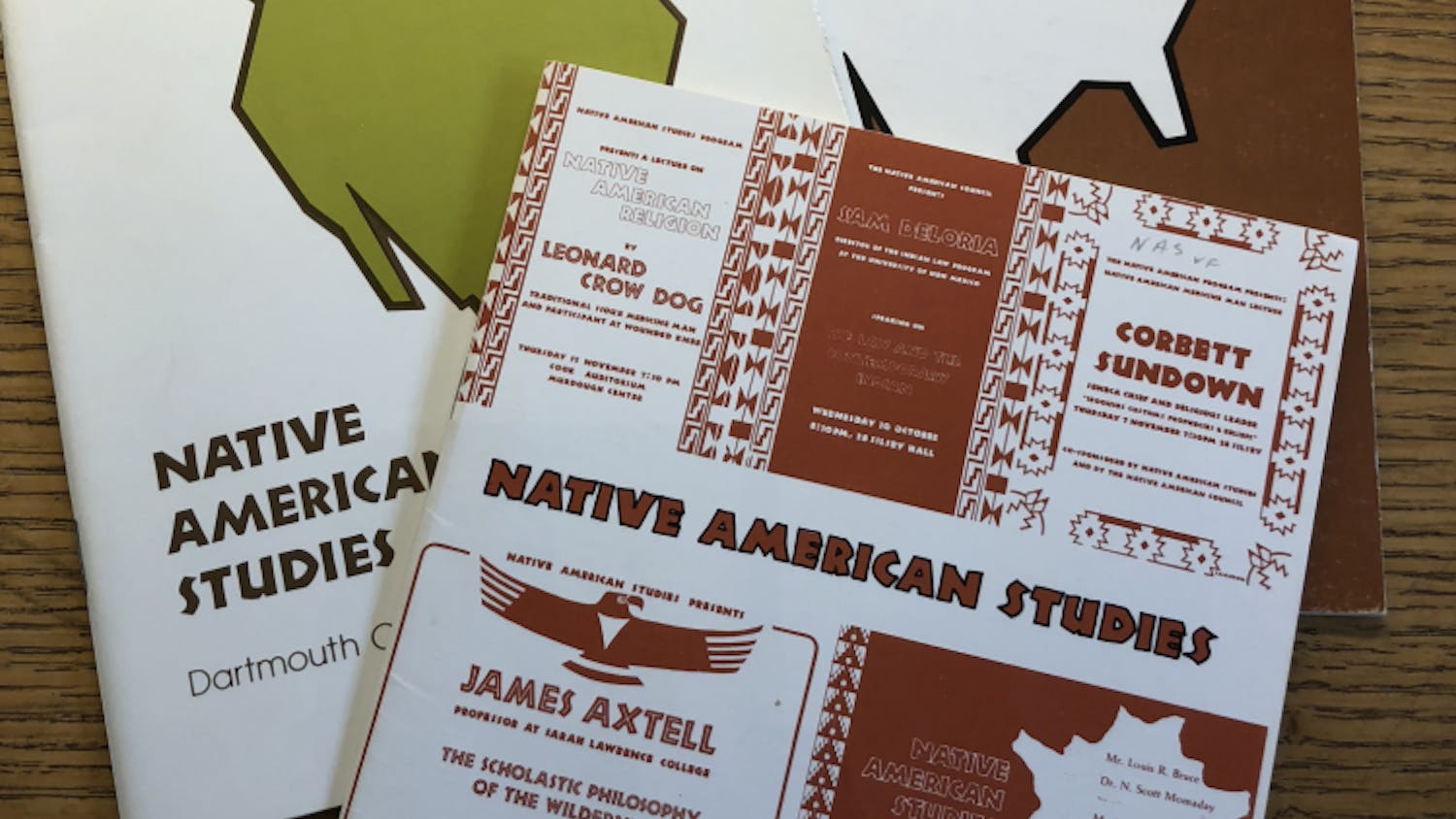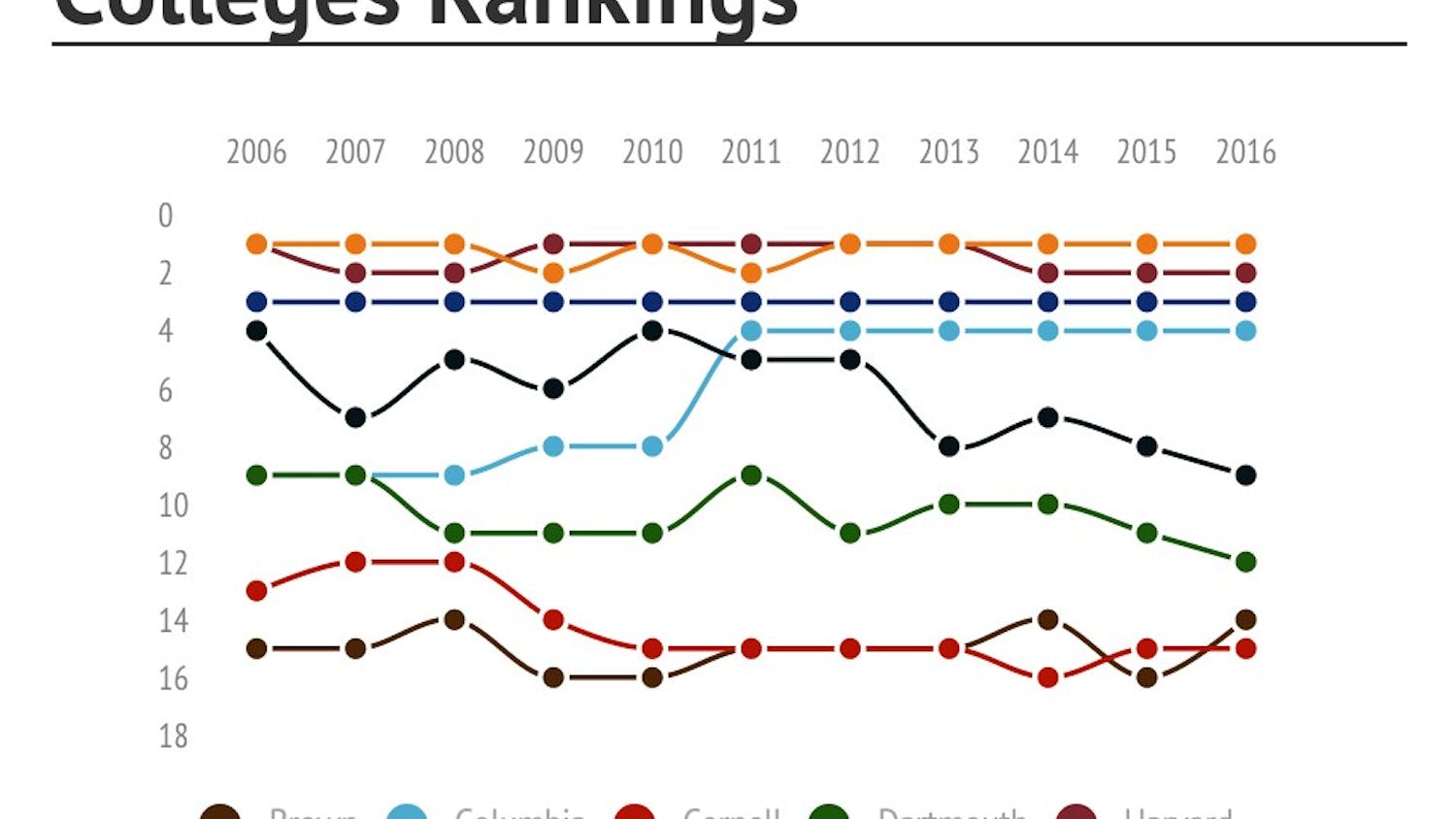Before matriculating to Dartmouth, I read a book that both terrified and inspired me. “Excellent Sheep” by William Deresiewicz is a sweeping condemnation of elite institutions in the U.S. and the overachieving students that he claims they damaged. Deresiewicz describes a problem that Dartmouth students know all too well: the résumé arms race, the seeking of various accomplishments and the addiction to success for the sake of success. Deresiewicz’s thesis is that, at elite schools, students focus on building a career rather than building a “self,” and that four years later they’re left with a surplus of achievements but a shortage of anything meaningful.
The book is well worth reading. It has planted a steady reminder in my mind that education should not solely be an acquisition of marketable skills but also a development of the entire person. In the beginning of the year, I was impatient and determined to know the purpose of my college career, as if it was something that could just poof into the air. But the path to finding an identity is intrinsically windy. Since arriving at Dartmouth, I’ve flirted with journalism and dabbled with the sciences, tried a share of outdoor clubs and experimented with other extracurriculars. In trying out a variety of endeavors, letting some stick but others fade, I’ve learned that the only way to combat purposelessness is to fall into it.
There is no disagreeing that Dartmouth’s culture emphasizes following a particular career path, be it consulting or finance. But that isn’t the whole picture. In fact, there’s a contrary narrative, one that encourages students to forcefully reject the predictable route. And pressure not to conform isn’t so different from pressure to conform. We expect students to have the ability to secure a profitable career but also not “sell out;” to have an niche interest, but not be too quirky; to be an economics major, but to also take classes in the English department. The College demands a careful balance of it all.
Herein, we find the ideal Dartmouth student — the singer in an acapella group, the social chair of an organization or the future intern at a job next summer. They apparently do all of this with ease and genuine passion. As I kept hearing about this ideal, I felt a pressure to find what I was really passionate about. I have since learned that conforming to some model or chasing an absurd ideal I have created for myself only left me running in circles. I can admire the do-it-alls or the polymaths, but I do not have to be them. And that’s okay.
I’m aware that my experiences are limited to a single year of college, and I know I can’t claim to have wisdom because I once read a book. I don’t doubt that my perspectives will change as the years go on. But I know that it isn’t easy to find a calling. That is why the focus of higher education should be to build a self — a morally, intellectually and spiritually whole person. A good start is to stop assigning value based on superficial factors. Extracurriculars, majors and D-Plans may be manifestations of one’s purpose, but they don’t constitute the real core of an existence. So let’s go beyond that. A good start is remaining infinitely curious and self-aware. It lies in questioning decisions, looking beyond prestige, taking off the achievement goggles and simply doing things without any gain in mind.



